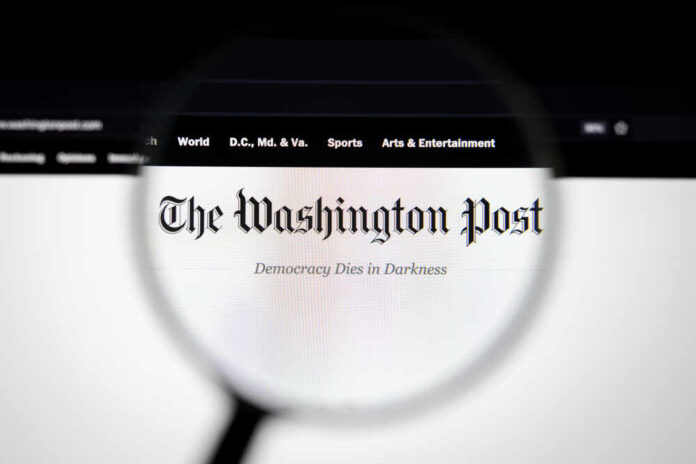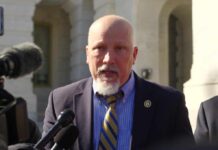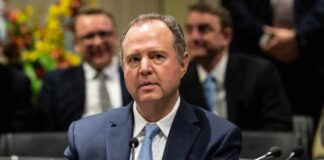
Washington Post columnist Philip Bump terminated a podcast interview last week with host Noam Dworman after facing persistent questions about Hunter Biden. Bump, who has covered the Biden family extensively, exited the conversation in a move that raises questions about how the corporate media tackles or avoids sensitive political topics.
The conversation took a heated turn when Dworman questioned Bump on a text message from Hunter Biden to his adult daughter. The text read, “I had to give 50% of my income to Pop,” referring to President Joe Biden. When pressed on the matter, Bump repeatedly said, “I have no idea what that means. It’s circumstantial evidence and you prefer that to direct evidence.”
If want you want to see what corporate media really is, I can't recommend enough this @noam_dworman interview of WashPost "national columnist" @pbump about Bump's vigorous, tireless, limitless, unconstrained advocacy for Joe Biden on the Hunter scandals:https://t.co/wGA8zpZIwl
— Glenn Greenwald (@ggreenwald) September 2, 2023
What’s striking here isn’t just Bump’s abrupt exit but how he refused to entertain the conversation surrounding the evidence. “Is this the standard really? This is the way the Washington Post handles people who disagree with them?” Dworman asked after Bump decided to leave.
For years, questions around Hunter Biden’s foreign business deals have haunted the Biden administration. Yet, some in the media continue to avoid asking the hard questions. The dismissal of even circumstantial evidence around such a high-profile family doesn’t sit well, especially in a democratic society that values transparency and accountability.
Just listened to the whole thing, recommend everyone does the same (linked below). @pbump should avoid ever giving another interview. Utterly humiliating. He calls himself a journalist, I assume that’s what WaPo pays him for, but apparently he thinks his job is to be Joe Biden’s… https://t.co/k5KC6zYWAE
— Martyr Made (@martyrmade) September 2, 2023
Bump’s dodging may be part of a more significant issue with how mainstream media outlets handle topics that could be uncomfortable or damaging to certain political figures. Rather than pressing for clarity or acknowledging the existence of evidence that doesn’t fit the preferred narrative, the conversation was shut down. Dworman aptly described the situation: “Yeah, but you say, ‘There’s no evidence, no evidence.’ But there’s a text message where he says, ‘I give Pop 50% of my money.’ That’s evidence!”
This episode gives weight to the argument that corporate media outlets may pick and choose what they find newsworthy based on how it aligns with their editorial stance. It’s a concerning tendency, as it limits the scope of what news consumers are exposed to and, by extension, aware of.
For many conservatives, this incident further validates a perceived liberal bias in mainstream media, particularly in outlets such as the Washington Post. The reluctance to confront and discuss evidence suggesting corruption within the Biden family raises questions about journalistic integrity and the role of the media in holding powerful figures accountable.





























